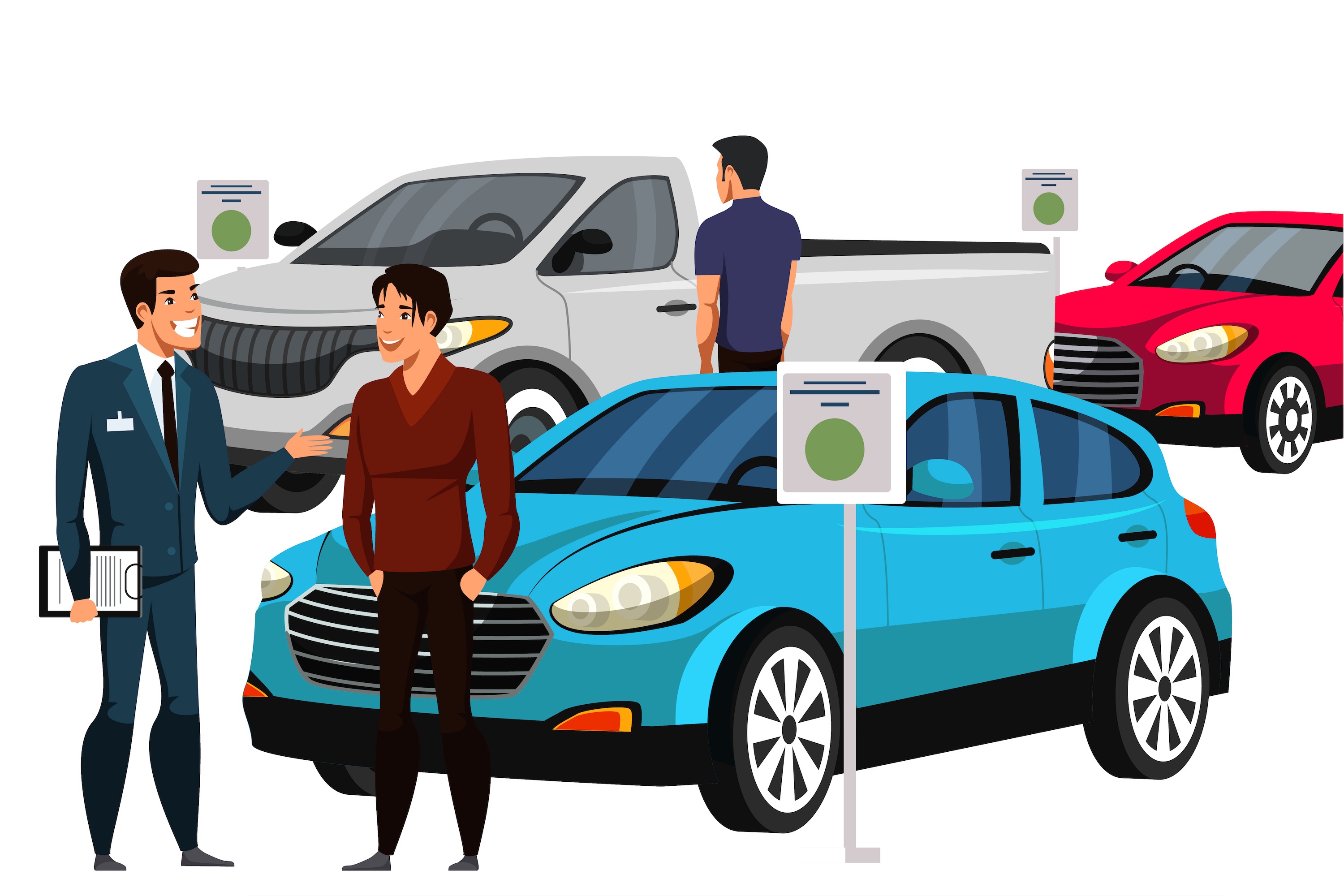Emerging Trends in the Pharmaceutical Industry: Innovations, Challenges, and Market Projections for 2025
The drug industry is in transition, spearheaded by technological evolution, shifting market forces, and regulations. Henceforth, in 2025, there are some major trends worldwide that are reshaping the course of this crucial industry.
1. Incorporation of Artificial Intelligence (AI) in Drug Development
AI has definitely earned its star status in pharmaceutical R&D. AI considers the study of huge sets of data to identify drug candidate molecules, predict their interactions, and optimise their formulation. In doing so, it accelerates the drug discovery process while simultaneously reducing the costs involved in doing the same. Amgen and Parexel, for instance, have recognized the interrelation of AI in maximizing the speed and accuracy of drug trials.
2. Creating supply chain resilience by Digital Investments
The COVID-19 pandemic saw a spotlight on the question of robust and resilient supply chains within the pharmaceutical sector. Accordingly, more than 85 percent of the biopharma leaders had indicated spending on data, AI, and digital technologies in 2025 with the goal to provide resilience to the supply chain. These spending initiatives will help reduce risk due to geopolitical threats and contribute to the steady supply of critical drugs.
3. Focus on Personalised Medicine
Advances in genomics and biomarkers have put forward the paradigm of personalized treatment, whereby patients are treated for their afflictions based on their gene structure. Not only is treatment more efficacious, but side effects are also greatly diminished compared to the old practice wherein everyone was given the same dose of the drug.
4. Growth of the Biosimilars Market
Patent expirations on various biologic drugs have given openings for biosimilars, i.e., biological drugs highly similar to an already licensed reference product. This trend is promoting the competition, and probably by decreasing treatment costs, to enhance patient access to life-saving therapies.
5. Use of In Silico Trials
The sector is also making more use of in silico trials, which rely on computer modelling and virtual replicas to foretell the effectiveness and safety of drugs. In contrast to traditional clinical trials, the approach offers a list of advantages, from cost-cutting to faster turnaround times, plus negating ethical issues raised on testing on animals and humans.
7. Regulatory and Political Influences
The political scenario highly influences the drug industry. The uncertainty created due to policy developments-landed threats of imposing tariffs on imported drugs, and attempts to lower drug prices-has slowed down large mergers and acquisitions. Firms are riding this uncertainty by remaining plugged into policy events and re-shaping their strategic outlook.
8. Financial Outlook and Market Projections
The global pharmaceutical market is trending upward. Having been valued at nearly USD 1.77 trillion in 2025, it is expected to touch an approximate value of about USD 3.03 trillion by 2034, growing at a CAGR of 6.15%. The major growth is being fuelled by an aging population, incidence of chronic ailments, and ongoing innovations in drug developments.
To sum up, the drug industry in 2025 is marked by rapid innovation and flexibility. The companies that will adapt to new technologies, restore supply chains, embrace personalised medicine, and maneuver through a restrictive regulatory environment shall become the flagship in this new paradigm.












